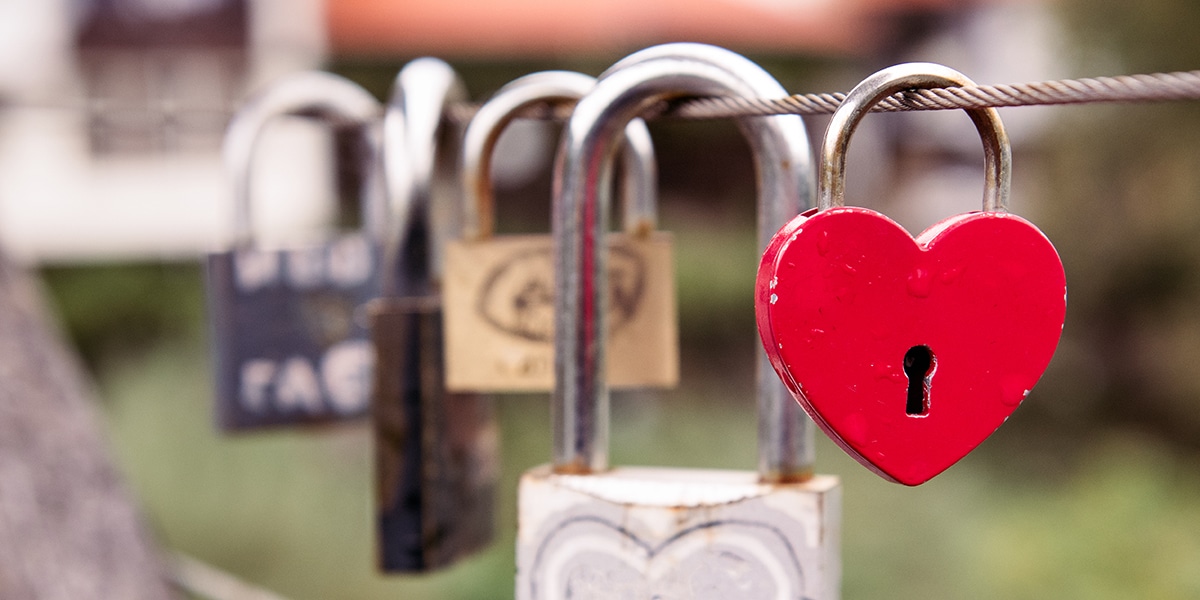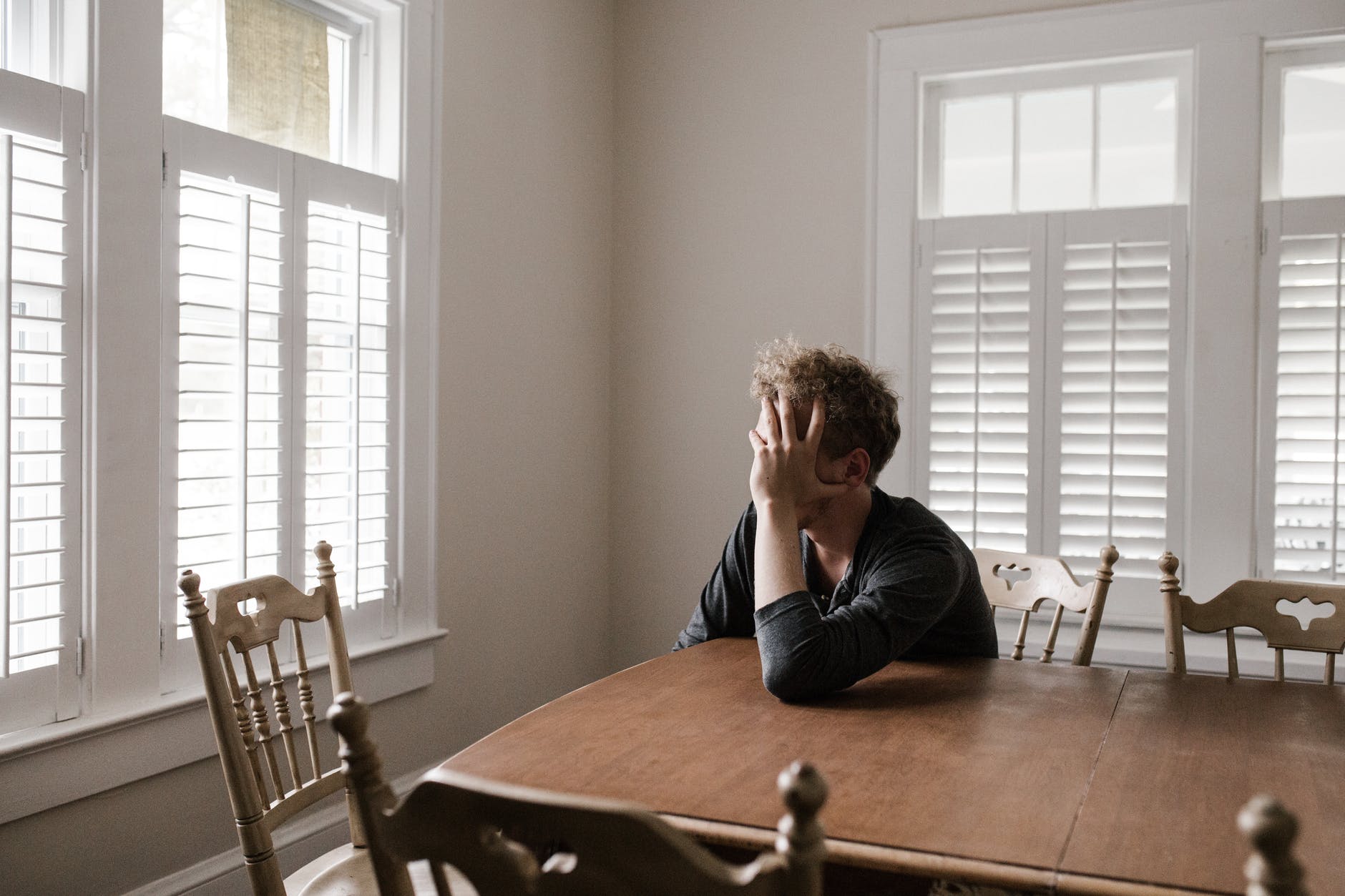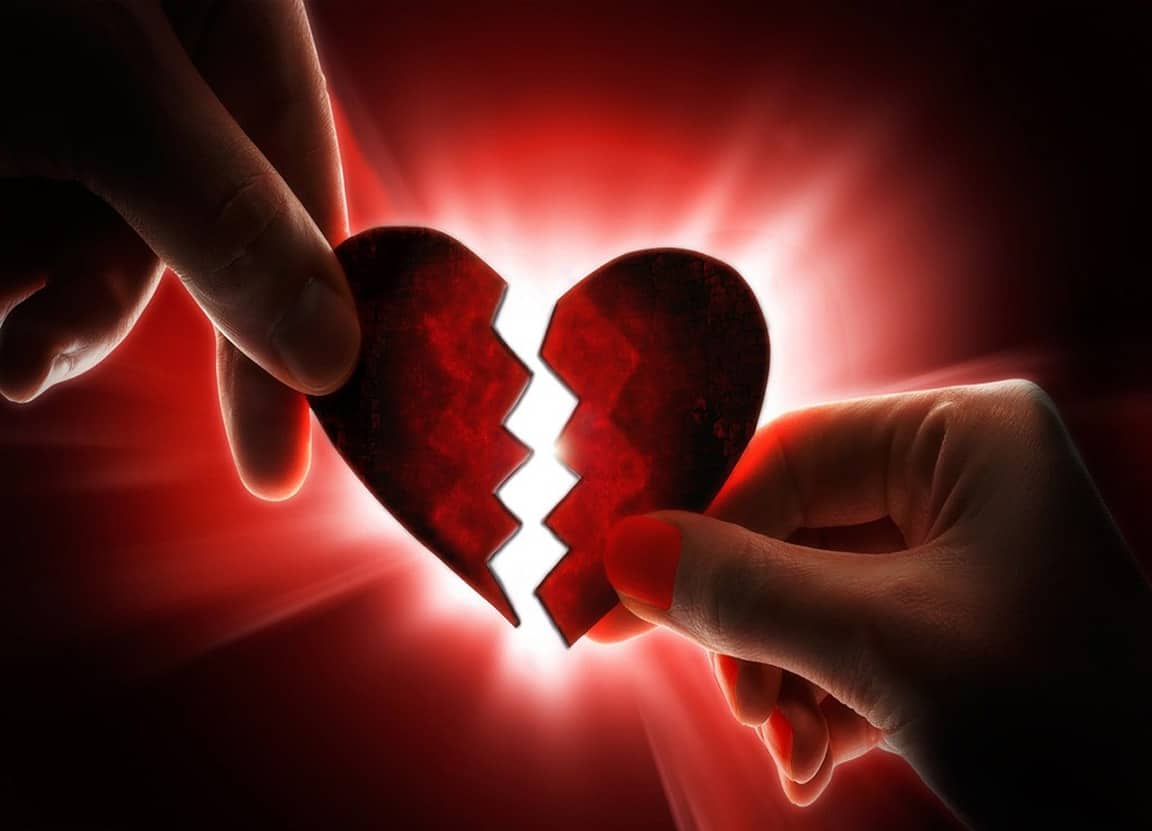Having emotional support is very vital at every point in our lives, and that is one of the huge benefits of having relationships.
Having people you can talk to and confide in, helps a lot to relieve your stress to some extent.
When you face life’s challenges, you sometimes turn to your loved ones for empathy and comfort. You need them to listen to your issues and troubles and validate your feelings.
When in a romantic relationship, you might first turn to your partner for support. It’s normal to look to your partner for guidance and emotional support, especially when building a long-term relationship.
Emotional dependence, however, goes beyond the point of support. When you find that you need your partner to meet all of your emotional needs, then you’re probably not doing anything to meet those needs on your own.
This total reliance on someone else can eventually take a toll on your life, relationship, and overall well-being.
What is emotional dependency?
You know that you are emotionally dependent when you are not taking any responsibility for your own feelings or when you are not nurturing and finding any solutions to your feelings of helplessness, loneliness, heartache, heartbreak, sorrow, grief, e.t.c.
You are emotionally dependent when you do not define your own inner worth, making the approval and attention of another person responsible for your sense of worth.
The opposite of emotional dependency is emotional freedom, which means being free to make emotional choices on your own without seeking approval. You attain emotional freedom when you decide always to take responsibility for all your feelings, and seek external interference only when necessary,
However, emotionally independent people may sometimes turn down any emotional support, as they most likely prefer to cope and deal with their emotional needs on their own.
In contrast, completely dependent people will tend to have their partner shoulder the responsibility of catering for their emotional needs. When it comes to emotional dependency, you end up relying on your partner to meet nearly all – if not all – of your emotional needs.
This could sometimes make them feel as though you can’t live without their emotional support, and this suggests that your relationship has veered towards an unhealthy level of emotional dependence.
On the other hand, interdependent relationships are the healthiest type of relationships, and it falls in the middle. To be interdependent means to be able to recognize your own emotional needs and do what is needed to have most of them met.
It is when you are having difficulties meeting them on your own that you might want to reach out to your partner. In other words, you depend on your partner for some emotional needs, and not all of them.
What are the signs of emotional dependency?
- You have an idealized view of your partner or the relationship.
- You tend to believe that your life lacks meaning without your partner.
- You feel that you can’t find happiness or security alone, that you need your partner always, at all times.
- You have a persistent fear of rejection
- You want to be constantly reassured.
- You have a constant feeling of emptiness and anxiety when spending time alone by yourself, and needing your partner to help build your self-esteem, confidence, and self-worth
- You constantly feel jealous and/or possessive.
- You are always feeling insecure.
How does emotional dependency affect you?
Emotional dependency will most likely have a negative impact on your romantic relationships. Still, the effects may also extend to other areas of life, since you are not making the decisions for your self.
Stress and damage to one’s mental health
Dependency in a relationship may constantly cause you to have unnecessary worries about the future of your relationship, and this can cause you to feel anxious and uneasy.
You find yourself worrying about what your partner is doing when they’re not with you, and you always wonder if they still love you. This can do a lot of damage to your mental well-being and cause you to stress.
High levels of stress may affect the way you experience and express your emotions. This can cause you to express your feelings wrongly, i.e., outbursts of anger or sadness, Continuous feelings of depression, violent physical expressions of your feelings towards people e.t.c
Unhealthy Relationship
Emotional dependence births healthy relationships. People who are emotionally dependent may need a lot of reassurance and support from their partners, which may not go well with the latter.
You constantly need your partner’s approval to feel good about yourself whenever you experience the feeling of insecurity or self-doubt. This need will often cause you to fear what might happen if they leave or stop providing the reassurance you always need.
This can cause you to make attempts to control their behavior in order to hold on to them, but attempting to control people almost never work out fine, and it usually backfires. When you make most people feel manipulated or unable to make their own choices, they may end up wanting to leave the relationship.
You miss out on self-discovery and send the wrong message
Complete reliance on your partner for emotional support may cause you to miss discovering how you can offer that support to yourself.
Expecting another person to meet all your emotional needs all the time is not realistic at all. Your partner also has needs to be met, and expecting them to sort out your need too might just be asking too much of them.
And sometimes, people might be going through issues, and expecting them to come through for you at that point in time can cause them to think the worse of you and view you as being selfish and self-centered.
How to deal with emotional dependency?
You can start by being honest with yourself. If emotional dependency is another thing you have noticed in your relationships, you should start taking action to address it.
It is absolutely fine and healthy to lean on others and seek help when needed, but it’s also important to know how to help yourself too.
Accept, understand, and get comfortable with your feelings and emotions.
Learning to acknowledge your emotions as they come is the first step towards understanding and controlling them. This may prove challenging at first. It’s normal to have trouble living with unpleasant feelings and accepting them.
You just have to remember that a man without vices, probably have no values. In other words, a person without unpleasant behaviors will probably have nothing pleasant about them as well. We need both the good and bad, the pleasant and unpleasant, the fine, and the ugly to illuminate our world.
Remember that life includes both ups and downs, and you need the bad to recognize the good. The emotions you see as negative are equally as important as the ones you see as positive. They help you recognize when things aren’t quite right so that you can fix them.
Stop trying to hide from these feelings, get in touch with your sense of curiosity instead. Ask yourself what these feelings are telling you. These might seem complicated, but you can ease the process by spending more time on your own, in meditation.
Start attending to your emotional needs by your self.
Total dependence on your partner can make you feel like they’ve been neglecting you, you also get to feel jealous even when not necessary, you feel lonely and unloved when they’re not with you. And then you need them over and over again to reassure you so that you can feel good.
Instead of seeking reassurance, try accessing the situation from a different perspective. Why not think of a way that you can help meet your needs all by yourself so that you won’t need reassurance and security frequently.
Your partner might be needing space to work through difficulties of their own, and so they may sometimes need their own space. It’s normal, and this doesn’t always mean they don’t want you anymore.
This also goes to show that you cannot entirely rely on anyone else but yourself. Take the bull by the horn, learn to adjust to situations and deal with them on your own
Start caring for others.
You should start spending time with friends and family. Do the things you love to do, explore your interests and make time to relax and practice self-care
Identify your triggers and deal with them.
There are certain things that may be responsible for triggering emotionally dependent behaviors in people. Look inwards and examine yourself to determine those traits and events that trigger this behavior in you.
It could be that you find yourself seeking reassurance mostly when dealing with life stressors, like after you’ve had a fight with a friend, when you have trouble at work, or when you have to deal with your family and their drama.
You feel rejected and are afraid of losing them when they spend a lot of time with someone else. Your self-esteem drops low when you make a mistake or fail, and you need their approval to lift you back up.
Looking inward and identifying specific triggers can help you figure out and explore coping methods. It could be talking to a friend about your feelings or using positive self-talk techniques to remind yourself of your strengths.
See a therapist
Emotional dependence may often relate back to individual experiences, especially from childhood. It could be due to a lack of a secure attachment to your parent or primary caregiver when you were young.
Our experiences often shape our minds and play different roles in our behavior as we become adults, and because of this, overcoming emotionally dependent behaviors on your own can be somewhat challenging.
This is why it is ideal to talk to a therapist. Working with a trusted therapist can have some major benefits when it comes to identifying and breaking patterns.
A therapist can help you explore issues and experiences from your past that contribute to your present life and relationship concerns. They can help navigate healthier strategies of getting your emotional needs met.
While in therapy, you may also help your self by:
- learning to recognize healthy relationships on your own
- learning to challenge and reframe negative thoughts
- developing self-compassion,
- increasing self-confidence and self-esteem.
Dealing with emotional dependency in a partner
The last thing anyone would reasonably ask for is a completely dependent partner, as it can be draining and tiring. You really want to be there for them and offer all the support you possibly can, but there’s only so much you can do.
However, there are a few ways you can lend a helping hand while meeting your own emotional needs too.
Set boundaries and limits
It is necessary to clearly define boundaries and limits in relationships. If you don’t have clearly defined boundaries, it becomes extremely difficult or almost impossible for both of you to get the necessary support you need.
For example, if your partner has developed a habit of calling you at work whenever they have a bad day, you may be moved to show support, but this makes it challenging to get your job done at the office.
Setting a boundary here can help. You could politely tell them that you care about their problems and want to help out, but you have to work, and when you get home, you can discuss it. This way, you can fully concentrate on work and help them out later, if needed.
Ask them for help with your needs too
Sometimes, you think that asking for what you need can make them feel like you don’t care about what they need. But that shouldn’t be the case, and you shouldn’t let that bother you when trying to help a partner overcome their emotional dependency.
Of course, you know how to get your needs met, but your partner has to learn how to do the same.
There’s absolutely nothing wrong with communicating your needs, as long as you do so with respect for each other. Just be mindful of your statements and make sure your message is clear and precise
For example, you say: “I need some time to myself right after work today. And after that, I’d love to spend time with you, discussing our days.”
Seek support together
If, after all your efforts to help, you discover that your partner still struggles with emotional dependence, you may need to see a couple’s therapist together.
Therapy gives a safe, judgment-free platform where you and your partner can get on the same page about relationship needs, boundaries, and future goals. A therapist or counselor can help you and your partner work together to develop stronger trust and find more effective ways to communicate.
Final Note
Eradicating Emotional Dependent behaviors probably won’t happen overnight. Even as you take steps to address emotional dependence, it is also important to have patience and trust in the process.









